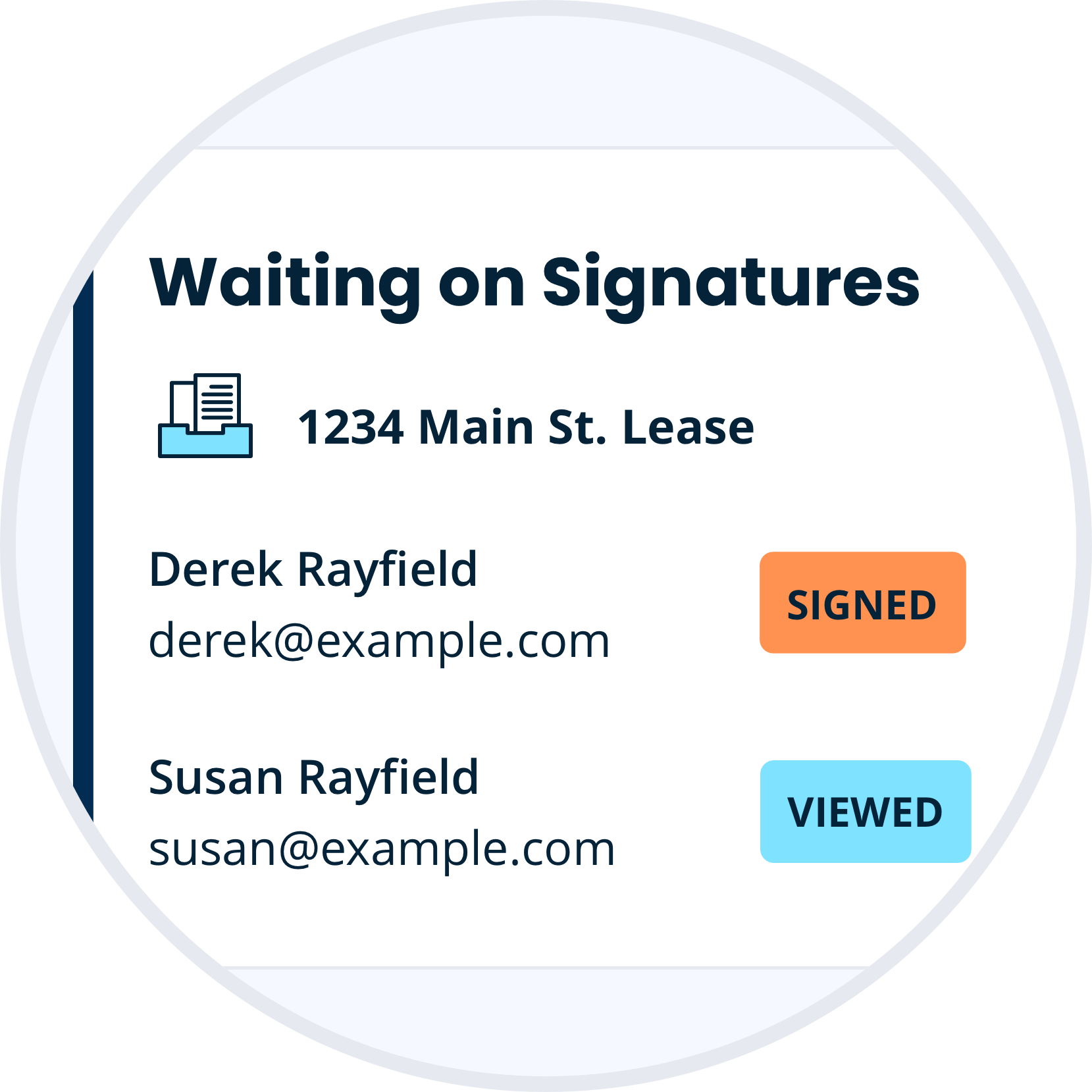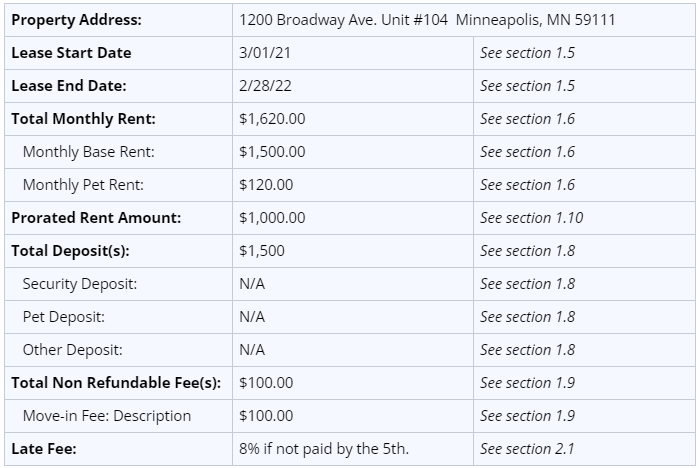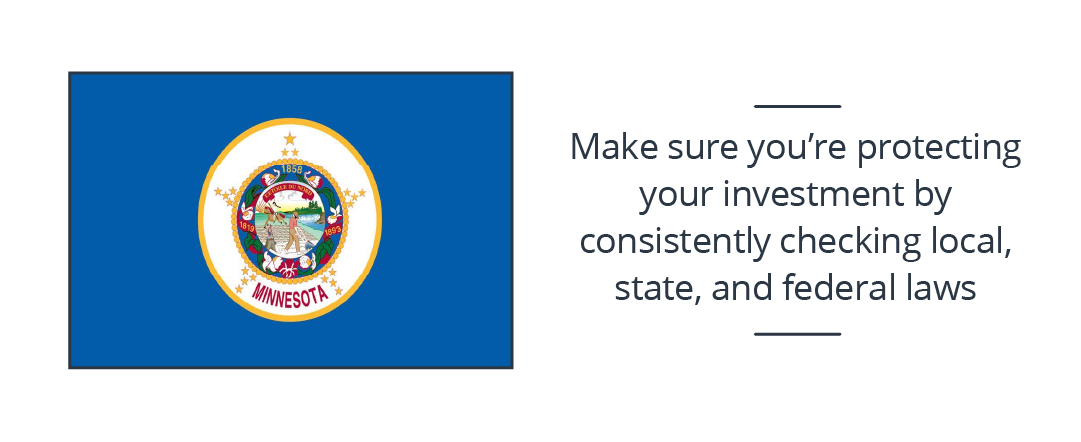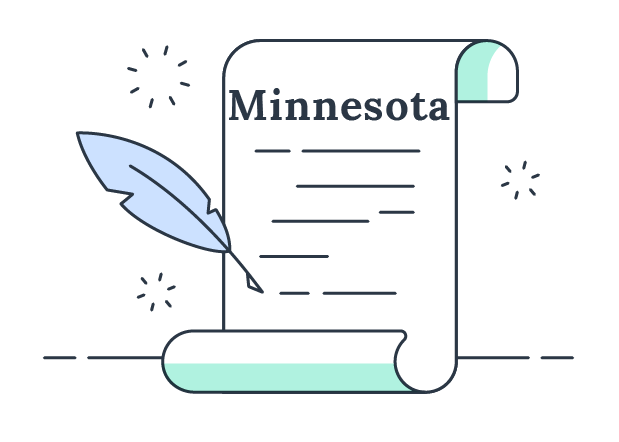Table of Contents
- Minnesota Renters’ Rights and Landlord Responsibilities
- Minnesota Landlords’ Rights and Tenant Responsibilities
- Application Fee
- Criminal Background Checks
- Late Fee
- Security Deposits
- Disclosures
- Minnesota Lease Agreement
- Minnesota Landlord-Tenant Law FAQ
- Due Diligence and Minnesota Rental Laws
- Minnesota Landlord-Tenant Law Resources
Minnesota is an excellent option for those looking to relocate or invest in real estate. Employment rates are among the highest in the country, meaning there is a high demand for rental housing, plus stable housing rates. Minnesota is a top state for investors and renters alike.
Laws that impact the rental market, landlords, and tenants are constantly being decided in states. Make sure you know what’s on your ballot – find Minnesota voting information here.

Minnesota Renters’ Rights and Landlord Responsibilities
- Required to make repairs within 14 days
- Must return security deposit within 21 days
- One-month, plus one-day notice required before raising monthly rent
- Must give a reasonable amount of notice before entering rental
When it comes to Minnesota rental laws, there are a few specifics landlords need to know:
- Making Repairs – It is the landlord’s responsibility to keep the rental in safe and healthy living conditions. If something needs repairing, the tenant may deliver the landlord written notice of what needs to be repaired or replaced. The landlord then has 14 days to make the repairs, and if they fail to do so, the tenant may pay for the repairs themselves and deduct the cost from their next rent payment.
- Security Deposit – Minnesota law does not limit what a landlord can charge for the security deposit. They must, however, return the deposit within 21 days of the tenant moving out.
- Raising Rent – Landlords in Minnesota may increase the rent to any amount with a one-month, plus one-day notice but do not have to provide justification.
- Notice of Entry – Landlords must give their tenants a reasonable amount of notice before entering the rental property unless it is an emergency, then no notice is required.
Minnesota Landlords’ Rights and Tenant Responsibilities
- Landlords do not have to give tenants notice of eviction if they fail to pay rent
- Renters have 28 days to claim abandoned property
- Tenants must keep the property in safe and habitable conditions
- Overdue Rent – If a tenant fails to pay rent on time, the landlord may file for eviction immediately.
- Abandoned Property – If a tenant moves out and leaves behind personal property, the landlord must give the tenant 28 days to claim the items. If the tenant fails to claim the property, the landlord may dispose of it in any way they deem acceptable.
- Tenant Responsibilities – Tenants are required to remove all garbage and keep fixtures clean. They must also make minor repairs around the property when necessary.
Pro Tip: Perfecting your tenant screening process can shorten your vacancy cycle by helping you find renters who align with your occupancy needs. At a minimum, your applicant screening should explore prospective tenants’ rental history, credit report, and criminal record. Note that you cannot consider misdemeanors with dates of sentencing older than three years, nor can you consider felonies with dates of sentencing older than seven years during the criminal background check. You also cannot consider convictions for specific felonies with dates of sentencing older than 10 years, including first-degree murder or first-degree arson.
Application Fee
A Minnesota rental application fee must not exceed the actual cost of screening. Any extra money beyond what’s needed for a screening should be refunded.
Criminal Background Checks
Landlords can screen for criminal history, but with Minneapolis’ 2020 ordinance, Minneapolis landlords can no longer deny an applicant on the basis of a misdemeanor if the conviction is older than three years. A felony conviction older than seven years cannot be used to deny an applicant. Also, an eviction history older than three years cannot be a basis for rejection.
Late Fee
Minnesota landlords can charge an 8% late fee.
Security Deposits
Security deposits must accrue interest at 1% per annum.
Disclosures
Landlords must notify tenants of this handbook and make it available to them. Additionally, landlords must include the following disclosures in the lease:
- Inspection/Condemnation Information, applicable if any health and safety inspection citation has been given. If something in the property poses a health risk, the landlord must disclose the nature of the risk and attach the corresponding citation to the lease
- Foreclosure, if property is currently in foreclosure action
- Unlawful Activity Language
- Shared Utilities
Build a Minnesota lease agreement in less than 15 minutes.
Minnesota Lease Agreement
There are three sections to a residential lease agreement. The first section outlines the custom details of the contract, such as who’s involved and for what address. Here’s an example Minnesota lease agreement listing details found in Section 1:
Minnesota Landlord-Tenant Law FAQ
Below are answers to some of the most commonly-asked questions when it comes to landlord-tenant laws in the state of Minnesota:
Can You Withhold Rent in Minnesota?
The only case in which a tenant may withhold rent in Minnesota is under the repair and deduct statute. This takes effect if the landlord fails to make necessary repairs, then the tenant may pay for the repairs and deduct the cost from their next rent payment.
How Long Does it Take to Evict a Tenant in Minnesota?
Evicting a tenant in Minnesota typically takes less than 30 days, depending on the reason for eviction.
Is Minnesota a Landlord-Friendly State?
Minnesota is a fairly landlord-friendly state with few rent control laws. It does not require notice before evicting tenants. Make sure to always check local area laws, along with state laws, to ensure you’re fully educated.
What is the Eviction Process in Minnesota?
There are four reasons a landlord may file for eviction in Minnesota. The four reasons include nonpayment of rent, violation of the lease agreement, end of lease term, and illegal activity. Depending on the violation, the landlord must give the tenant notice that they have broken the lease and anywhere from seven to 30 days to cure their violation.
If the renter fails to cure or end their tenancy, the landlord may file a complaint with the court, which will then be served to the tenant within 24 hours. The eviction hearing will then be held five to 14 days after the tenant has been served.
If the court rules in favor of the landlord, then a writ of execution will be issued immediately. Once the tenant has been served the writ of execution, they will have 24 hours to move out.
How Much Notice Does a Landlord Have to Give a Tenant to Move Out in Minnesota?
Landlords must give tenants a 30-day notice before requiring them to move out.
Due Diligence and Minnesota Rental Laws
TurboTenant has utilized many municipal sources along with official state statutes in order to compile this information to the best of our ability. However, local laws are always in flux, and landlords and tenants alike should be sure to do their due diligence and consult legal help when it’s needed. We hope the following list can serve as a valuable resource and allow you to succeed as a landlord or tenant in Minnesota. Be sure to take proper precautions when it comes to finding the top candidates for your unit by utilizing our online rental application and tenant screening services.
Disclaimer:
TurboTenant, Inc does not provide legal advice. This material has been prepared for informational purposes only. All users are advised to check all applicable local, state, and federal laws and consult legal counsel should questions arise.

Unlimited Everything.
Create a single Minnesota lease agreement, or subscribe and receive unlimited lease agreements, landlord forms pack, and e-signs for a simple annual fee. Be confident with all the legal forms and tools you need as a professional landlord.
Discover Our Unlimited PlanMinnesota Landlord-Tenant Law Resources
Minnesota Fair Housing Resources
Other State Resources
- Minnesota Office of Attorney General: Landlord-Tenant Rights and Responsibilities
- Minnesota Judicial Branch: Landlord and Tenant Issues
- Minnesota Housing Finance Agency
- Minnesota Multi-Housing Association
City-Specific Housing Resources
Minneapolis
- Minneapolis Rental Unit Licensing
- Minneapolis Housing Codes
- Minneapolis Property Management Tips
- Minneapolis Public Housing Authority
- Minneapolis Area Association of REALTORS®
St. Paul
- City of St. Paul – Landlord-Tenant Issues
- City of St. Paul – Human Rights and Fair Housing
- St. Paul Housing Code
- St. Paul Property Code Enforcement
- St. Paul Public Housing Agency
Rochester
- Community Development | Rochester, MN
- Code Inspection and Enforcement – City of Rochester
- Housing Rehabilitation and Repair Programs – City of Rochester
- City of Rochester – Residential Construction Building Code
- The Southeast Minnesota REALTORS®
Bloomington
- Bloomington – Rental Housing Code
- Bloomington – Fair Housing
- Bloomington – Affordable Housing
- Code Enforcement | City of Bloomington MN
- Complaints and Code Compliance | City of Bloomington MN
- Rental Housing Licensing and Inspection Program | City of Bloomington MN
- Bloomington – Rental Housing Licensing and Inspection Program
Duluth
- Duluth – Housing Booklet and Resources
- Duluth – Building Code Resources
- The Duluth Area Association of REALTORS®
Federal Fair Housing Resources







